Published
- 07:00 am
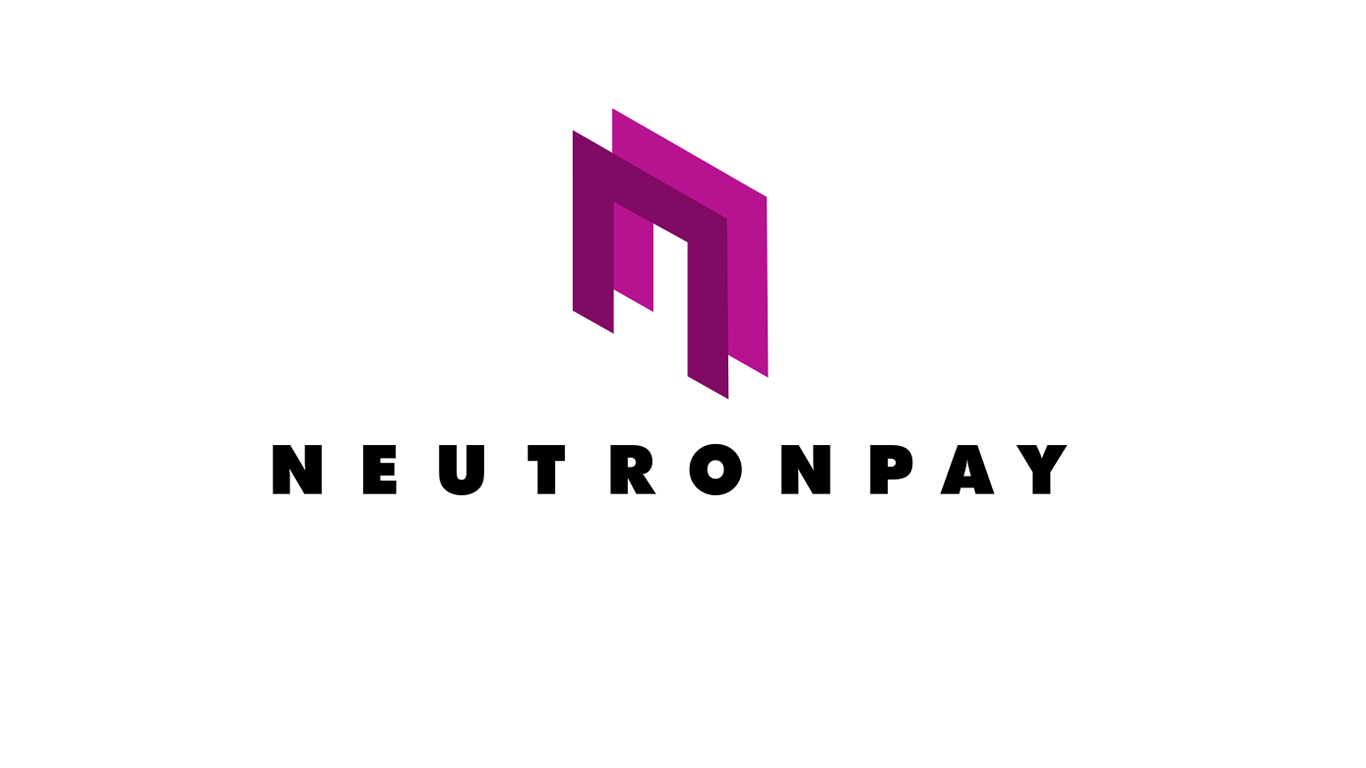
Neutronpay, a Vancouver, Canada and Ho Chi Minh City, Vietnam-based startup that enables consumers and businesses to send and receive payments on Bitcoin’s Lightning Network raised USD$2.25M in Seed funding on June 1, 2022.
The Lightning Network is a “layer 2” payment protocol which sits atop Bitcoin and facilitates instantly settled payments measured in milliseconds, is capable of millions of transactions per second and allows for exceptionally low fees, which all combined makes it the ideal payment network of any type, period. Lightning has the potential to replace all debit, credit and wire transactions globally. Because of its interoperability, anyone with a Lightning-enabled app could spend or send funds in local currency to any merchant or person worldwide. Online, in-store, cross-border, micro, and real-time, Lightning can do it!
The round was led by Hivemind Ventures with additional funding coming from venture firms Republic, Cavalry, Ride Wave, Studio, Iterative, Fulgur Ventures, Lightning Labs and individual investors Bill Crowley (former Chief Product Officer - Hyperwallet) and Lisa Shields (Founder & former CEO - Hyperwallet *Acquired by PayPal).
The funding has helped with additional headcount across various departments, with a focus on the further development of enterprise APIs, soon to be rolled out mobile consumer apps, sales & marketing and compliance.
Founded in 2018 by CEO Albert Buu, Neutronpay is the first Lightning company with an initial focus on Vietnam's 100m person population, with additional countries to follow throughout South East Asia.
With a population of 680M people, South East Asia’s economy and financial system have seen tremendous growth over the past 20 years, but with 70% of the population being underbanked, and 50% being unbanked, some 340M people are still being completely left out of the digital economy.
“Being born and raised in Canada, I’ve been lucky enough to be part of first-world financial infrastructure. But I knew that by going to Vietnam where my parents and the rest of my family are from I could make a difference by introducing them to the Lightning Network and all that it could provide to the people of the country. Making the move to Vietnam three years ago was my commitment to following through on this vision. Laying the infrastructure for Lightning across South East Asia would make it very easy for locals to better transact with each other and for the rest of the world to transact in the region whether while on vacation or for doing business,” Albert Buu was quoted as saying.
Led by a core team with backgrounds in payments, banking, compliance, and previous ventures in the crypto industry, Neutronpay is well suited for the task at hand.
Neutronpay COO, Malcolm Weed had this to say, “Having seen the local and cross border payments landscapes from our time at Hyperwallet, Albert and I believe the Lightning Network will be a payment rail which will be used in our everyday lives, whether you are buying groceries, sending funds abroad to a family member or paying for movie tickets online. We’ve been having amazing conversations since the beginning of the year with a wide variety of global businesses not just in South East Asia who wants to leverage our APIs. They love the fact that the Lightning Network supports Bitcoin payments, but also USD stablecoins by Q4 2022, and also the ability to send fiat payments while not being exposed to Bitcoin volatility but still getting the benefits of the payment rail. Over the next few quarters, we will share our progress with everyone as we onboard multiple business use-cases using Lightning.”
The Lightning Network has seen tremendous growth since the fall of 2021 when El Salvador launched their national Bitcoin wallet with a Lightning integration so that users could spend instantly at merchants across the country. Twitter followed with Lightning tipping, Cashapp launched Lightning in January 2022 and Robinhood announced in April their intentions to launch Lightning as well. This makes sense seeing as how both co-founders and CEOs Jack Dorsey (Twitter, Block/Cashapp) and Vald Tenev (Robinhood) were early investors in Lightning Labs and are believers in the future of the Lightning Network.
Related News
- 04:00 am

Paysend, the UK-based fintech with over 7 million customers, today announces the launch of Instant Account Payments, which give consumers and businesses the ability to send instant cross-border payments of up to $100,000 to accounts for just $1 per payment. Users can quickly connect to Paysend’s global payments network and instantly and cost-effectively send funds to 25 countries and currencies seven days per week, 365 days per year.
Instant payments volume reached $70.4 billion in 2020 and is expected to reach $200 billion by the end of 2024, according to GlobalData. The rise of instant payments has shifted the expectations of consumers and businesses alike who have experienced greater speed, ease and reliability when making domestic payments and now expect a similar experience when making payments to other countries. Instant cross-border payments are expected to grow at a CAGR of over 30% by 2024, surpassing 200 billion by 2024 and the key drivers include the COVID-19 pandemic, an increase in global remittances and trade and the rise of global on-demand services and e-commerce marketplaces.
Alexander Budyakov, Head of Enterprise at Paysend, said: “Whilst the demand for instant cross-border payments is clear, legacy cross-border payment services are still hampered by long-standing challenges of the correspondent bank model. Cross-border payments are costly due to high fees charged by banks throughout the payment chain and expensive FX rates applied on currency conversions. Both result in recipients receiving less than expected and being left out of pocket. Payment speeds are also inconsistent and slow, with typically a 3-5 day settlement period for a payment to credit the recipient’s account.”
Paysend’s Instant Account Payments helps to solve these issues through a $1 flat fee for any cross-border transfer up to $100,000 as well as transparent FX rates at the time of payment to avoid any hidden fees. Paysend’s Open Payment Network is central to Instant Account Payments and orchestrates the end-to-end payment flow including payment initiation, processing, FX and settlement. The Open Payment Network has connections to local network partners and domestic instant payment schemes to enable consumers and businesses to send instant cross-border payment accounts globally. It increases interoperability between instant payment systems around the world and enables real-time cross-border payments by reducing the number of intermediaries in the payment chain.
Users can quickly and easily connect and send payments through Paysend’s Instant Account Payments through a self-service API or Paysend dashboard which removes friction and increases accessibility. Businesses can send funds instantly to 25 countries and currencies across the world with new currency corridors being continuously added to Paysend’s global payments network.
Budyakov continued: “Sending funds around the world should be simple, instant and low-cost. Our new Instant Account Payments extends this benefit to both our consumer and business users, enabling anyone to connect to our network and immediately benefit from low cost, secure, instant cross-border payments to accounts worldwide.”
Related News
- 08:00 am
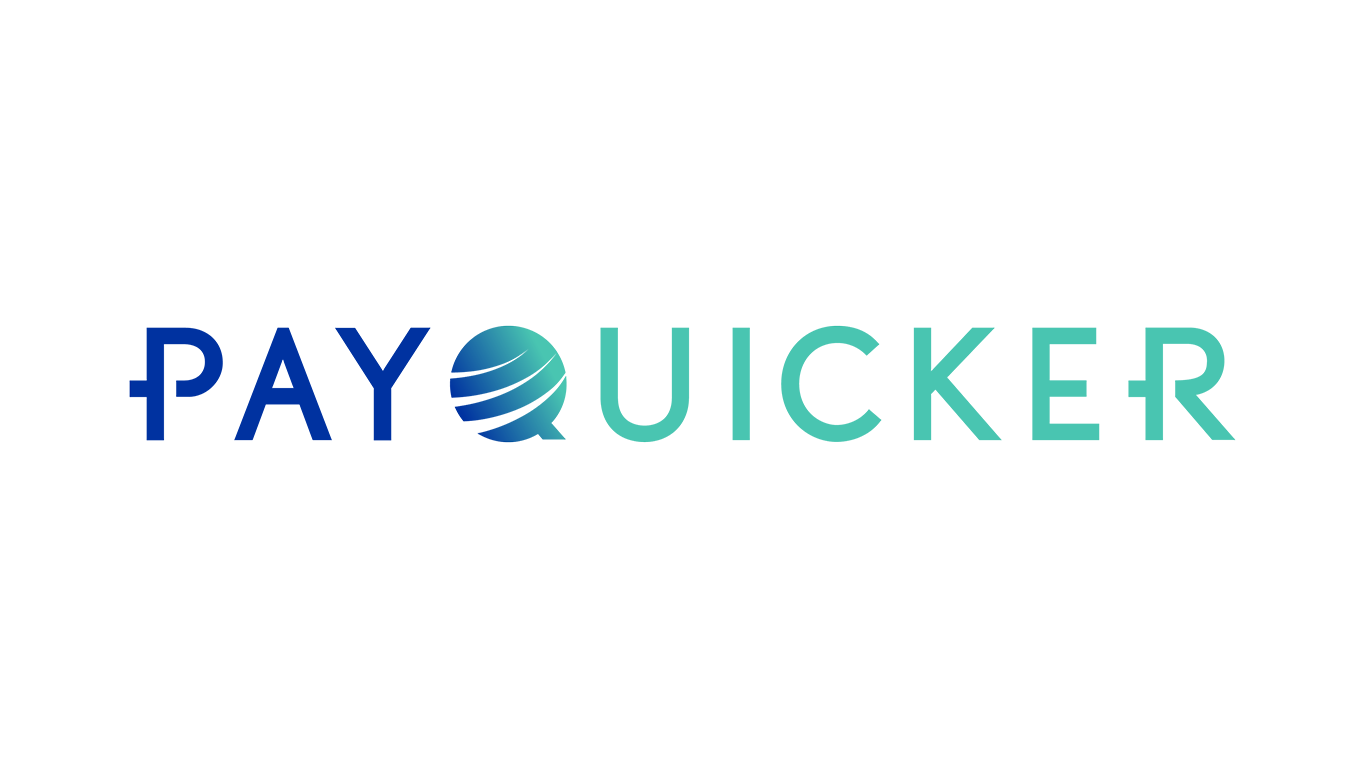
PayQuicker, an innovative financial technology leader in the global payouts market, today announces the launch of Payouts OS.
Payouts OS packages PayQuicker’s trusted, time-tested technology into a first-in-market payouts-as-a-service platform that meets the needs of gig economy workers and small to medium-sized businesses across a diverse set of industries including clinical trials, insurance, gaming, marketplaces, and more.
Payouts OS enables turnkey integration with a single REST API that plugs into multiple banks and global payment rails to intelligently determine and facilitate the quickest and most cost-effective method for clients to send payouts to businesses and consumers globally.
“PayQuicker is thrilled to launch its Payouts OS product, the first payment orchestration platform for payouts that is truly global,” said Charles Rosenblatt, President of PayQuicker. “By partnering with best-in-class providers, Payouts OS allows our partners to connect to payees around the world through a single API, offering competitive pricing and embedding a streamlined payouts experience into their own brand. PayQuicker has served more than 300 customers with its legacy product, and we look forward to making our payouts technology available to a wider variety of industries.”
Payouts OS meets the needs of companies leveraging the growing global gig economy, an estimated 78 million people, and the underbanked, who cannot access paychecks through traditional bank accounts, by enabling instant payouts through any method of their payees’ choice. From virtual cards to bank transfers to crypto and global eWallets, Payouts OS offers flexible payout options while remaining under the company’s customer experience and brand.
Currently, PayQuicker’s API connects to more than 10 payout partners, enabling payouts in more than 200 countries and territories in more than 40 currencies. Some current partners include PPS, an Edenred company, Barclays, Corpay’s Cross-Border business, Convera, and NIUM. Earlier this year, PayQuicker also announced a partnership with Mastercard® to deliver branded virtual and physical cards through a single point of integration.
Richard Logan, Solutions Director at PPS, an Edenred company, said: “As a long-time partner of PayQuicker, we are looking forward to extending custom-branded solutions through Payouts OS. By offering beneficiary-direct payments, PayQuicker is creating an avenue to financial inclusivity across the globe, which is a cornerstone of the PPS and Edenred brand.”
Michael Bermingham, Co-Founder and Chief Business Officer at NIUM, the global platform for the modern money movement, said: “We aim to remove any friction between people and their hard-earned money, automating the quickest path to receive payments. Our partnership with PayQuicker puts us one step closer to making this achievable for a range of industries and businesses no matter the size.”
Related News
- 05:00 am
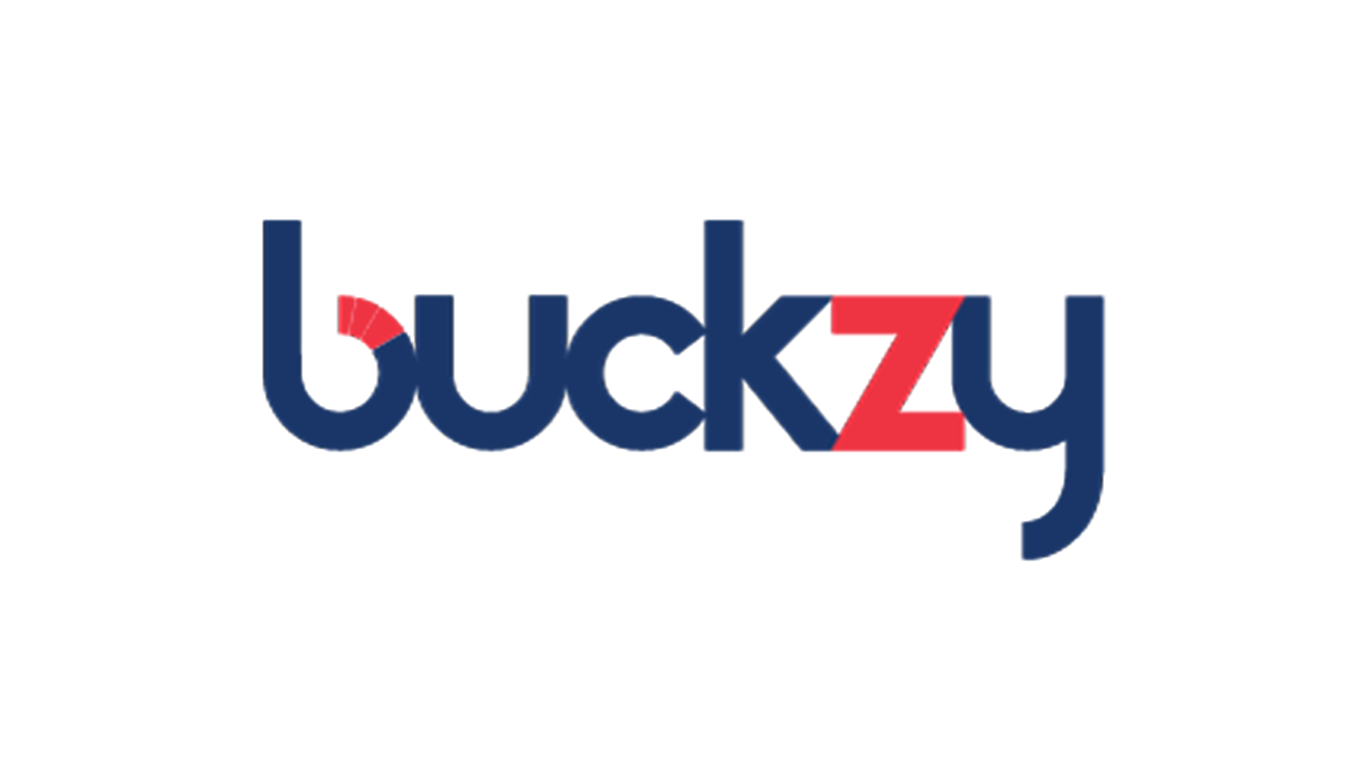
Real-time Payment (RtP) models are here to stay for the foreseeable future alongside traditional payment schemes. But as businesses increasingly recognize their potential, further cases for real-time payments are coming to the fore. That’s according to Buckzy Payments Inc., the Toronto-based global fintech on a mission to make international payments quicker, more reliable, and more affordable.
Umesh Maini, Chief Product Officer at Buckzy, stated, “Customer-oriented businesses such as retailers and hospitality providers value the increased speed with which they receive funds through real-time payments. In addition, during the Covid-19 pandemic, cross-border online purchasing increased, which put more pressure on liquidity for merchants due to the settlement times involved. But with the pandemic far from over, businesses from a wide variety of industries are also now looking at RtP with increased interest as a remedy to this issue, since with RtP it is the payer that is responsible for and controls the flow of funds rather than the payee and their bank or payment provider.
“RtP not only speeds up client payments - it can also improve cash flows, budgeting, financial projections and cash management,” explained Maini. “And if that’s not enough to get every Chief Financial Officer sitting up and paying attention, RtP also offers an opportunity to support and accelerate other digital innovations and trends, such as expedited bill payments, faster payroll disbursements to workers, and the ability for current account holders to manage their cash better. In other words, it acts as a major catalyst for businesses to digitally transform their business models by being able to accept payments that are settled in real-time.”
“Across the world, tech-savvy consumers and companies alike now want their bill payments, online shopping and cross-border transactions completed instantly, cheaply and at scale. That’s the power of RtP,” added Maini.
Maini summarizes the main benefits for financial services providers to adopt and support real-time payments as follows:
- RtP helps with customer acquisition a real-time payment provides an additional set of services that will help to attract new customers
- RtP removes the need to use costly, outdated fund transfer methods like SWIFT
- RtP provides extra clarity for users to manage cash through up-to-the-minute transaction histories and real-time account balances
- Increased revenue through improved economies of scale and customer retention
- Manual processes can be reduced, which in turn saves costs
- RtP enables better customer insights compared with cash, which can then be used by the payment provider to improve their other financial services
- RtP data can also improve anti-money laundering (AML) and fraud monitoring
“As with any major shift in technology, payment providers will face both costs and benefits to upgrade their systems to a new faster payments infrastructure. Investment by providers and adoption by users will both depend on the specific benefits each gain from real-time payments. Consumers today expect to get what they want quickly and at any time, at the push of a button. This also goes for their payments and it’s why RtP will quickly become the new normal,” concluded Maini.
Related News
- 08:00 am
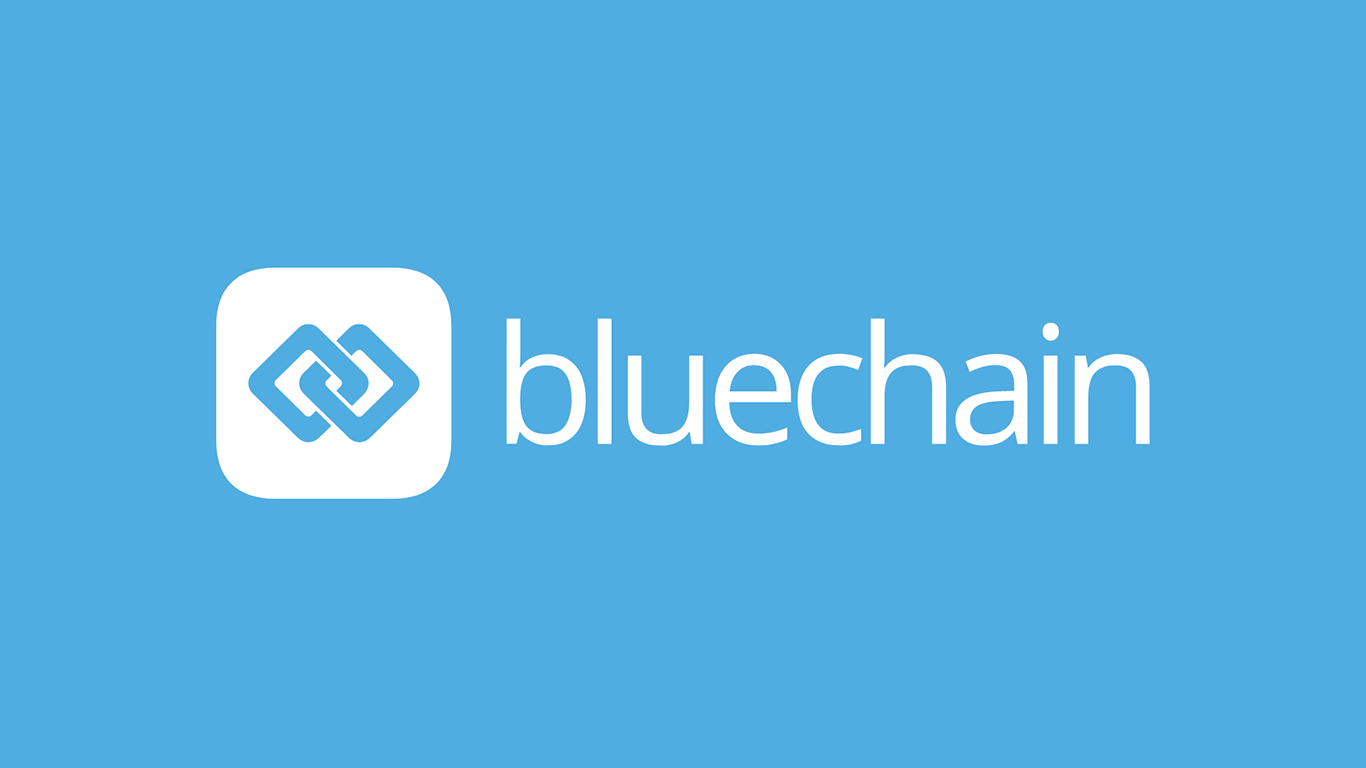
Bluechain, the fast-growing fintech startup business that transforms the traditional payments and receivables process, has today announced the appointment of Tim Annis as UK Managing Director. This appointment is the next step for Tim at Bluechain, as he previously held the role of UK Head of Sales since March 2020.
Tim brings close to twenty years of extensive experience in both the payments and tech industries, having worked at American Express (AMEX) for well over a decade, Tradeshift, a cloud-based supply chain payments business, and most recently as Bluechain’s Head of Sales.
During his time at AMEX, Tim held several roles including B2B sales leader for Global Merchant Services, driving their focus on working capital optimisation. At Tradeshift, Tim was the Director of Alliances and was responsible for managing key financial services partners such as HSBC, Santander, SEB and AMEX, with a focus on improving the payments process in the supply chain for enterprise businesses.
Most recently, as UK Head of Sales, Tim has successfully led the Bluechain sales strategy to deliver to market in various countries around the world.
In his new role as Managing Director, Tim will have a broader remit to drive Bluechains success. He will lead all aspects of Bluechain’s expansion into the UK and Europe - which is slated for September of this year.
“I am thrilled to be growing with Bluechain and to be leading and expanding upon the great team that we have in place, throughout this next exciting chapter as we launch into the UK and Europe,” said Annis. “This new role furthers the exciting opportunity we have to make a real difference to UK consumers and businesses. I am a big believer in technology that can help people and businesses improve their lives and I’m particularly passionate about making an impact on financial inclusion.”
Tim is very involved not only in the business community but the community at large. He serves as a mentor for BetheBusiness, where he helps SMEs in the UK improve business performance. He is also a “Friend” of the Inclusion Foundation and a non-executive, board member for Buck Star Beer Brewery, helping to develop the business through the partnership with BetheBusiness. One of his big passions is supporting local food banks through various fundraising activities.
The appointment comes at an exciting time for Bluechain as they plan to expand into the UK and Europe next month. Bluechain plans to drive market presence in the UK working with major businesses to help them with receivables, whilst helping small businesses and consumers in bill management. It comes at an important time with the cost of living crisis and economic environment increasing pressures on industries and society as a whole.
Peter Russell, Executive Chairman, Bluechain, said:
We’re thrilled to appoint Tim as Managing Director of Bluechain International, our operating company for the UK and Europe. The upcoming UK and Europe expansion is a pivotal turning point for our business and we have chosen Tim to lead the charge because we have seen first-hand what he is capable of in his sales role, and we are confident and know that he is going to deliver on this success.”
Stephen Bedggood, Head of Product, Bluechain, added: “Tim’s joining has been exciting for us all at Bluechain. He is a real team player and a seasoned payments professional. He has a great perspective on the payments industry and how Bluechain can help both consumers and businesses. It makes him very well placed to take the reins of the UK business at this start-up phase and accelerate its growth.”
Related News
- 08:00 am

A new multi-country consortium of Europe’s most trusted identity experts has today announced its proposal to deliver a large-scale, cross-border payments pilot strongly aligned with the aims of the European Commission’s EU digital identity wallet program. Six countries (Denmark, Germany, Iceland, Italy, Latvia and Norway) are part of the consortium, led by NOBID (Nordic-Baltic eID Project). The consortium’s proposal will bring to life the most widely used of the European Union’s priority use cases for wallet – payments.
All the countries in the consortium have well-established digital infrastructures. Under NOBID’s leadership following its successful harmonisation of several national eID programs comprising tens of millions of European citizens, the group will collaborate to show how payments and ID can be combined effortlessly, across borders and in multiple currencies. The consortium is being actively supported by leading digital government agencies, banks, enterprises and technology providers and will leverage the mature digital identity infrastructures of the six respective nations.
The EU digital identity wallet is a biometrically-secured app that, when it comes into being, will allow citizens across the continent to easily verify their ID, access public and private services and store sensitive digital documents in one place. The consortium’s proposal to be one of four EU digital identity wallet pilots is fully aligned with the EU’s key aims for its digital identity framework overall.
The consortium’s proposal focuses on payments, one of the top priority use cases in the EU’s digital ID wallet vision. Its implementation would leverage existing payment infrastructure to enable payment issuance, instant payments, account-to-account transfers and payment acceptance both in-store and online. It is designed to also complement wider EU plans to empower member states and streamline cross-border payments, such as the European Payments Initiative (EPI) and the Digital Euro. The project has unrivalled support from leaders in banking and payments, including DSGV in Germany, DNB and BankID in Norway, Nets in Denmark, Intesa Sanpaolo, PagoPA and ABILab in Italy and Greiðsluveitan in Iceland.
Technology partners participating in the consortium include Thales, iProov, Signicat, RB, Auðkenni, IPZS, Poste Italiane, Intesi Group, InfoCert, FBK and Latvian State Radio and Television Centre. Merchants that will be testing out the payment solution include Elkjøp in Norway and REWE-group in Germany.
Tor Alvik, Project Manager of the consortium, said; “For the EU digital ID wallet to thrive, it needs a reference implementation that sets the bar high. The consortium has all the ingredients for success: multi-nation participation; extensive digital identity experience; a hugely compelling use case and the backing of the best in the banking and payments industry. We are hugely excited to turn the EU vision into a reality and make smoother, more readily available ID services possible for all.”
Artūrs Toms Plešs, Minister of Environmental Protection and Regional Development in the Republic of Latvia, said; “Although a natural step forward, the digital ID wallet, no doubt, will expand the pool of possibilities to further improve our digital space and allow new products to be developed within the whole of the European Union. Additionally, it also aims to improve our access to highly reliable and secure electronic identity attributes and will build upon the ongoing progress with the addition of new commercial services to the range of national e-identification platforms. When it comes to digital identification, this is a next-generation tool.”
Steffen Sutorius, Director of the Norwegian Digitalisation Agency, said; “Millions of Norwegians use their eIDs to access thousands of digital services daily. More than 90% of citizens in Norway have access to an eID, which they can use to benefit from public and private digital services via our national ID-gateway. Through our cooperation within the eID field, we have strong ties to the financial sector in Norway. Digital payments have been part of the daily life of Norwegians for years. Leveraging our experience and expertise in this area makes a strong foundation for carrying out a large-scale pilot of the payment use case and the EU Digital Wallet. We are very excited to pilot the wallet and prepare for the next generation of eID.”
Dr. Joachim Schmalzl, Executive Board Member of the Deutscher Sparkassen- und Giroverband (DSGV or German Savings Banks Association), said; “We are very happy to be part of NOBID and to support the ideas behind it. A successful EU wallet and digital identity implementation will be a strong basis for a new European, standardised cross-border digital ecosystem. The German Savings Banks Group, with its 363 savings banks and more than 280,000 employees, works hard to offer comprehensive, up-to-date digital identity and digital payment solutions to its more than 40 million customers. We therefore sincerely appreciate the early testing of the coming eiDAS2 regulation in an EU pilot. This new approach will improve the practical usage and success of new policies.”
Silvana Filipponi, Head of Digital Identity at Department of Digital Transformation at Ministry of Technological Innovation and Digital Transition in Italy, said; “For the Italian government, the consortium is a great opportunity to highlight part of its digital strategy: digitise payments as a means to accelerate digital transformation of the entire citizen service system.”
Andri H. Kristinsson, CEO at Digital Iceland, said “Iceland is a proud co-applicant in the NOBID project. Building a pilot of the EU Wallet with payments as a use case is an exciting yet challenging subject. Iceland has already 95% of the eligible population access to eIDs where both the public and private sector offer services base their services on in the forms of identification and authentication. Electronic payments are also by far the most common form of monetary exchange for goods and services in the country. We therefore see our infrastructure and citizens‘ behavior well suited to be part of the next development phase for cross border services, the EU Wallet. We very much look forward to participating in the project.“
Mr.Ģirts Ozol, Chairman of the Management Board at SJSC Latvia State Radio and Television Centre, said; “The concept of the European digital identity and the development of the digital identity wallet will mark a turning point for trusted service providers in Europe by unlocking new personalised services that will be developed to be cross-border by default, while at the same time solving some of the challenges that all EU countries are facing in the process of implementing the eIDAS requirements like electronic identification (cross-border), identity matching, and compatibility of different service provider solutions across the EU. The Latvian State Radio Television Center is very proud to be part of the NOBID consortium, and we are looking forward to shaping the further development of the single digital market together with our partners in the NOBID consortium.”
Digital Identity in the Participating Nations:
Denmark
· Denmark has manifested to a digital-first approach and has achieved an eID adoption of more than 90% of their citizens. Millions of citizens access public and private digital services through their eIDs every day.
· Denmark has also been a forerunner in digital payments. Today, millions of Danish citizens and businesses benefit from existing digital payment solutions and infrastructures.
· Recently, Denmark has also launched MittID, which is the next generation eiD solution for their citizens.
Norway
· One of the most advanced countries in eID and digital payments. In 2008, the Norwegian ID Gateway was launched and serves as the main connecting hub for all electronic IDs and digital services. This gateway serves more than 90% of all citizens and was used 317 million times in 2021.
· Today, more than 1,000 digital services (public and private) are connected to the ID gateway. Services include applying for school, filing taxes, buying a car, getting married or starting a company.
· Norway is one of the leading countries in digital payments using eID. More than 75% (4.1 million) of Norwegians, for example, use the popular digital payment tool called Vipps.
Iceland
· Ninety five percent of the eligible population (13 years or older) has an eID on a smartphone authentication app or has an eID card, including 75% of over 75s.
· Icelandic eID holders authenticated more than 20 times a month in 2021. eSignature is also widely adopted.
· Forty seven percent of those with a driver’s license already have a digital license in their mobile phone wallet, a valid identification method in Iceland.
Italy
· Digital identity in Italy is currently comprised of two separate solutions: The Public Digital Identity System (SPID), which had 33 million users in September 2022; and the Electronic Identity Card (CIE), used by 30.6 million Italians.
· In the last eight months of 2022, SPID was used nearly 675 million times to access online services such as tax services and to access digital Covid certificates.
· The Strategy ‘Italia 2026’ announced in April 2021 aims at strengthening the uptake of digital identity to reach 70% of the adult population by 2026, in line with EU-wide targets.
Latvia
· From 2023, the Law on Identity Documents will provide eID cards as a mandatory identity document for Latvian citizens and non-citizens over the age of 15, while for those living in foreign countries – from 2025.
· The identity card is an identification tool guaranteed by the state, so citizens can easily, quickly and effectively receive any governmental electronic services.
· During the last 15 years, the eSignature was used over 55 million times and has had nearly 350,000 unique users in the 15 years since launch.
DSGV in Germany
· DSGV is the largest banking group in Germany, with more than 510 members represented through more than 15,000 branches, covering the full range of financial needs of retail customers and enterprises.
· There are more than 49 million active accounts connected to the members of the Savings Banks Association, handling around €3.38 billion in business volume last year alone.
· Through the multibank-mobile app, Sparkasse, DSGV has delivered an advanced solution to citizens wanting to do their banking on a smartphone – the app was rated best multi-banking app in Germany.
Related News
- 03:00 am
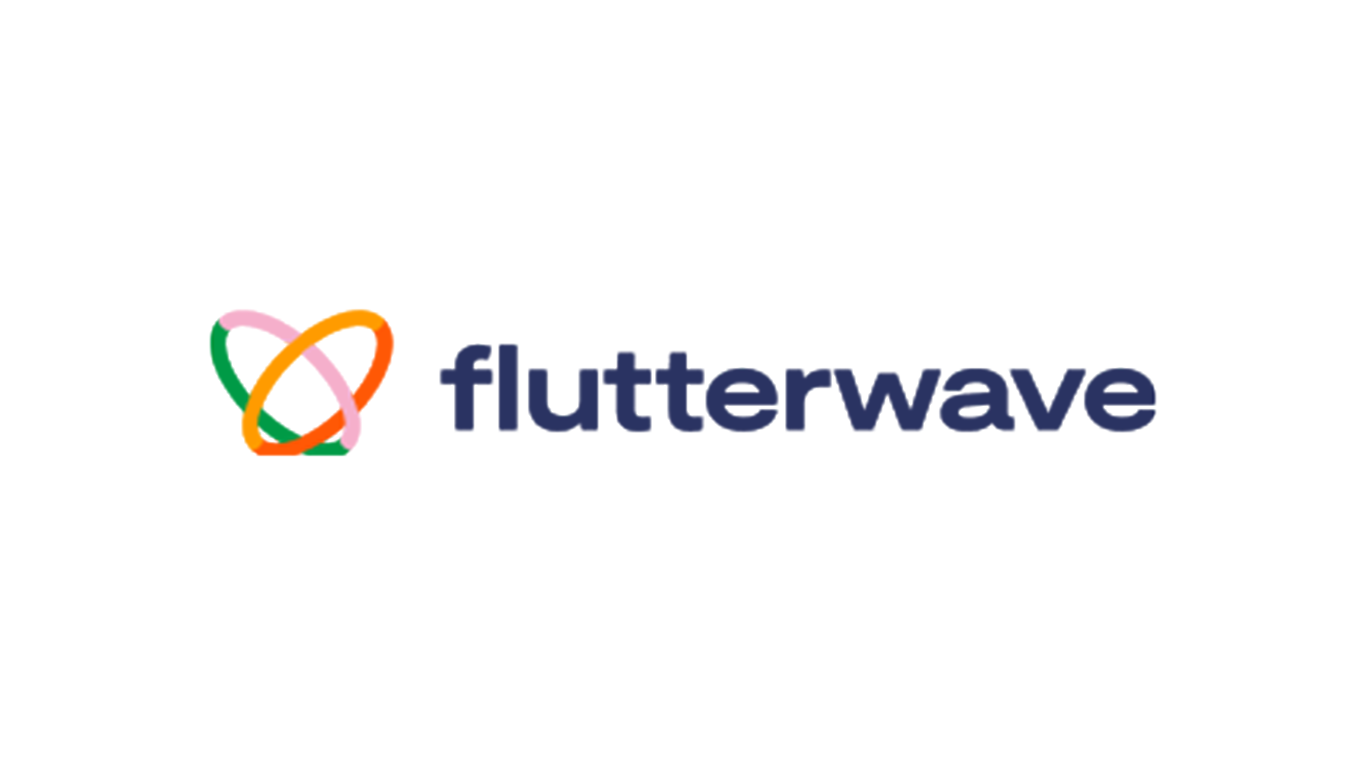
Flutterwave, Africa's leading payments technology company, today announced that over 1,000,000 merchants can now accept eNaira payments from their customers on their platform. This follows the 3.0 product announcement event held in March this year, during which a range of upcoming product features was showcased.
Flutterwave provides technology, infrastructure, and services to enable global merchants, payment service providers and Pan-African banks to accept and process payments on any channel (Web, Mobile, ATM & POS). The company currently operates across Africa, Europe, North America, and other emerging markets by providing a suite of payment tools that allow over 1 million businesses to accept payments from their customers anywhere in the world in over 150 currencies. Flutterwave enables merchants to offer over a dozen payment methods to their customers. eNaira is now also available for Nigerian merchants to collect payments from their customers who have the eNaira app.
eNaira is a digital currency issued and regulated by the Central Bank of Nigeria as a medium of exchange and store of value. It was launched on October 25, 2021, and is available to users with or without a bank account, as they only need to register and access the wallet via the eNaira mobile app. To complete transactions, users can either scan QR codes or generate one-time tokens using the app.
Merchants can enable the eNaira payment option in their dashboard for their customers to be able to use that method to pay for their services. As this is an opt-in feature, Flutterwave also allows merchants to disable it, as they can do with any other payment method available to them in the dashboard.
Oluwabankole Falade, Chief Regulatory and Government Affairs Officer of Flutterwave, said:
“Flutterwave continues to be at the forefront of innovation as it develops and implements new solutions to facilitate global payments and promote financial inclusion. We strive to enable various payment methods to merchants and their customers to ensure everyone has access to payment solutions that work for them. We are delighted that now over 1 million merchants can accept eNaira payments via our platform and are confident that this number will grow further as we continue to innovate and expand.”
Related News
- 09:00 am
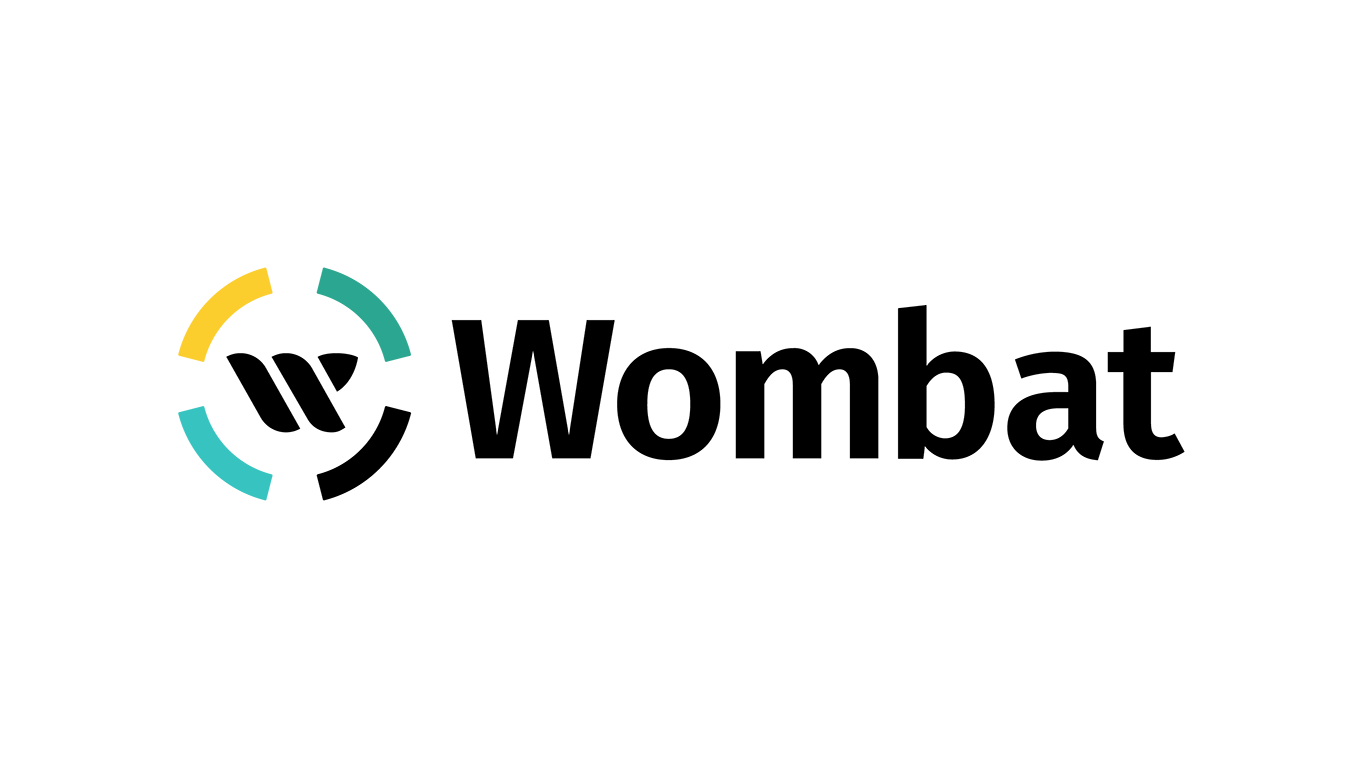
Micro-investing platform Wombat has appointed Jeremy Larsson as Chief Revenue Officer and Head of Partnerships as the business seeks to accelerate its growth plans
following the close of its Series A funding round in August.
Jeremy has a wealth of experience launching product and service propositions for leading incumbent banks and finTechs globally including CurrencyFair, John Lewis Finance, Barclays, SunLife, Telegraph Financial Services and Royal Bank of Scotland Group.
For Wombat, Jeremy takes on responsibility for strategic and revenue partnerships to support Wombat’s rapid growth, marketing and sales, product development strategy and forthcoming international expansion.
His appointment follows the close of Wombat’s Series A funding round, which was led by long-time backer Fuel Ventures, in addition to the highly successful crowdfunding of £4.2m, which exceeded the target by over 300%.
Since its inception, Wombat has experienced rapid growth providing younger, less experienced, investors access to its range of theme-based exchange-traded funds
(ETFs) and curated UK, US and EU fractional shares.
It was recognised by App Radar as the fastest-growing investment app in 2021 after registering the largest annual increase in downloads in the UK.
With the Series A funding now in place, Wombat will accelerate plans to expand internationally – first into Europe, where it estimates it has a total addressable market of 100m users – and increase its investment in marketing and product development.
“Wombat is scaling quickly as we continue to attract new investors and the appointment of Jeremy will help us build new partnerships and revenue streams to support our growth and further enhance our service and product proposition,” says Kane Harrison, CEO and co-founder of Wombat.
“Wombat has a clear mission to encourage more people to save and invest for their futures and with our funding now secured, we are excited to take the next steps on our journey. Jeremy will be pivotal to the development of our proposition domestically and internationally and we look forward to welcoming him to the Wombat team.”
Related News
- 06:00 am

Mollie, a payment industry pioneer and one of Europe’s fastest-growing financial service providers, today unveils the initial findings of its European Ecommerce Report. Mollie surveyed 3,000 online shoppers across Austria, Belgium, France, the Netherlands, Germany, and the United Kingdom. The findings reveal consumers’ pessimistic outlook on the economy, which could significantly influence buying behaviour and impact e-commerce businesses. The report also highlights changes in post-pandemic consumer expectations that can help e-commerce businesses to drive growth in tough conditions.
The economic outlook and impact on online spending
More than half of European consumers (53%) think their country’s economic situation will worsen over the next 12 months, and 27% say they believe it will significantly decline during that period. Austrian consumers were most pessimistic, with 62% expecting the economic situation to worsen. Dutch respondents were the most optimistic, with less than half (45%) anticipating a negative trend.
If the economic situation were to worsen significantly, almost four in five (79%) consumers would spend less online, with 30% saying they’d spend a lot less. UK consumers plan to cut back the most, with 85% indicating that they will spend less and 46% a lot less), while Dutch consumers will be most reserved – 74% say they will spend less, and 20% will spend a lot less.
European e-commerce consolidates COVID gains
The much-anticipated decline in e-commerce, driven by shoppers returning to the high street post-pandemic, does not appear to be happening. More than a third (35%) of European consumers now shop online more than before the pandemic. Nearly half (48%) say they plan to shop online as much as they currently do in the next 12 months, with 26% saying they will shop online more and 27% shopping in-store more. UK consumers are most likely to shop online more (29%), and Belgian consumers will shop online less (23%). In short, European e-commerce has consolidated the gains it achieved during the pandemic.
Driving e-commerce sales in difficult trading conditions
To continue driving growth in the face of economic headwinds, e-commerce merchants must understand what drives European consumers to buy, what puts them off, and the primary cart abandonment triggers. The report includes the latest data on all of this.
Factors driving purchases
Mollie asked online shoppers to identify the top three capabilities that online retailers can make available to increase their likelihood of buying from them:
A quick and efficient payment method: a key factor in convincing 78% of respondents to buy from a specific retailer. This is most important in Austria (84%) and less so in Belgium (72%).
Efficient shipping times: 76% of consumers want fast shipping. This was highest in Austria (78%) and marginally less important for German consumers (72%)
Free returns: 73% of European online shoppers want the option of free returns. 80% of Austrian consumers want free returns, though Belgian shoppers were least concerned (65%)
Ecommerce turn-offs
Several factors discourage consumers from shopping with a merchant. The top three are:
High shipping costs and taxes: 58% of shoppers say they are less likely to shop at an online merchant if the shipping costs or taxes are too high. This sentiment was highest in Austria (63%) and less so among Dutch customers (53%)
High prices compared to larger retailers: 53% of European consumers are more likely to shop at larger retailers because the prices are lower. German shoppers are most cost conscious (58%), while Dutch shoppers are slightly less price sensitive (48%)
Worries around payment security: 50% of consumers say that concerns about payment security discourage them from shopping with some merchants. French shoppers are the most security-sensitive (59%), German shoppers are the least sensitive (43%)
Cart abandonment issues
Cart abandonment is the enemy of every e-commerce merchant, costing the world’s retailers trillions of Euros each year. Respondents reported three main drivers for abandonment:
High shipping costs or taxes: 61% of shoppers abandon purchases at checkout when presented with high shipping costs or taxes. This is most prevalent in Austria (71%) and less of an issue in Belgium (45%)
Worries around payment security: 54% of European consumers cite payment security concerns as a reason for cancelling orders. French shoppers are most worried (60%), and German consumers the least (49%)
Not offering preferred payment methods: 45% of respondents report that if a merchant does not support their preferred payment method, they’ll abandon their purchase. This is most acute amongst Austrian shoppers (58%), and less of an issue in France (35%)
“Online shopping is holding the gains made during the pandemic, but consumers now demand a seamless, friction-free experience from e-commerce businesses,” says Ken Serdons, Chief Commercial Officer at Mollie. “Online retailers must make themselves more attractive than their competitors. Our research identifies the key things retailers can do to gain a competitive edge ahead of the year’s busiest shopping period.
“First, payments are crucial. Our data shows that offering a quick and efficient payment method is the primary capability a retailer needs to provide and highlights how worries about payment security and not offering the correct payment options will increase cart abandonments. It also reveals that almost all consumers consider it important that retailers offer the payment methods they prefer to use and doing so drives customer loyalty.
“Second, shipping is critical. Online shops must provide a variety of options, but merchants must be clear and transparent about the costs before shoppers check out.
“Finally, European consumers consider free returns very important. This can be a headache for e-commerce merchants, but they can integrate excellent third-party services into their e-commerce tech stack to seamlessly manage this process,” says Serdons.
Mollie enables merchants to meet their consumer demand through simplified financial services, offering all global and locally relevant payment methods and a custom-branded checkout to ensure a seamless, reliable checkout experience.
Driven by a commitment to growth, Mollie allows companies of all sizes to compete on better terms by providing effortless, convenient, and frictionless payments so they can focus on running their business.
Related News
- 03:00 am

Jeton has partnered with Sumsub to create a better onboarding experience for its 1M+ users across 100 countries. Sumsub, a global tech company with 5 international offices, helps businesses easily verify users and steer clear of fraud while ensuring full compliance with shifting regulations.
Jeton Wallet is a payment company registered in the UK. Jeton users can deposit and withdraw funds with country-specific payment options, easily making online payments using over 70 payment methods in 50 currencies. Jeton also allows merchants to provide a seamless checkout experience with local payment methods.
“We are a global e-Wallet company, and we need a Document verification solution to scale up to new markets while staying compliant. Sumsub is our choice since it’s leveraging machine learning and AI technology to automate and accelerate the verification process, boost conversion and reduce costs. They offer us a sophisticated and scalable identity verification solution that's fully integrated with the company's AML/KYC policies at fair prices, allowing us to keep costs down while safeguarding the company from fraudulent activities”, – comments Saaly Temirkanov, CEO of Jeton.
“Partnering with Jeton speaks volumes since we work toward the same goal of building a more inclusive financial future for people, empowering them to use online payments and services freely and safely. The digital identity verification and AML compliance solutions that Sumsub provides play a big role in reaching this goal,” – says Andrew Sever, Co-Founder and CEO of Sumsub.









